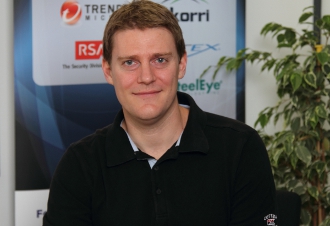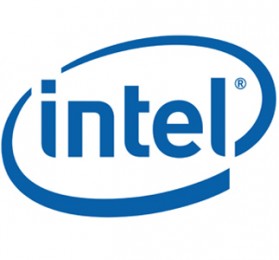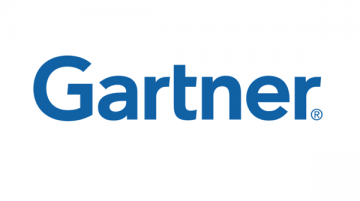 Resellers must begin to start building wider mobility portfolios and get cosy with disties in a bid to exploit the latest opportunities within the market, Computerlinks has said.
Resellers must begin to start building wider mobility portfolios and get cosy with disties in a bid to exploit the latest opportunities within the market, Computerlinks has said.
The company, which earlier this week announced an agreement in the UK and Germany with MobileIron, said the recent BYOD trend had been good for starting conversations about mobility strategies organisations.
However, Dominic Wordsworth, product group manager at the company pointed out that the industry was now moving beyond just securing devices to considering how they can make staff not only mobile but also productive.
“MDM was the ‘knee jerk’ reaction by many to BYOD (both vendors and end-users) – securing the devise is an important start, but enabling and managing applications is the real challenge,” he told ChannelEye.
He pointed out that the companies with insight who initiated pilot mobility projects were now starting to move into company-wide rollouts.
“[This gives] the channel plenty of opportunities to get involved as businesses need to evaluate what applications are needed, who needs them and why. Vanity projects such as handing out iPads to executives are becoming more scarce, as organisations are becoming to demand real value from all of their devices,” he added.
Many channel partners are offering mobility products which allow IT departments to manage devices, however, Wordsworth claimed it was becoming clear that security was not the only factor at play here.
“To exploit the latest opportunities in the market, resellers should be building wider mobility portfolios around devices, applications and content. Focusing on one aspect of the mobility pitch won’t bring in those high-value contracts as organisations will generally be looking for the whole package rather than just a point solution.
“One way resellers can get ahead of the competition is by working with distributors that can offer extra services to help companies get mobile more easily, such as pre-sales support which can gives them access to current market expertise and knowledge,” he said.
Computerlinks claims that its new partnership with MobileIron will further continue to help resellers to drive their customers to deliver useful business applications to users over enhanced mobile networks to a secure endpoint, whatever the device.
It has also promised training for its channel partners around the new announcement, as well as helping them take advantage of its highly qualified pre and post sales consultants to support their own teams.
 Salesforce has taken over Clipboard but is refusing to spit it out, marking an end to the company.
Salesforce has taken over Clipboard but is refusing to spit it out, marking an end to the company.


















